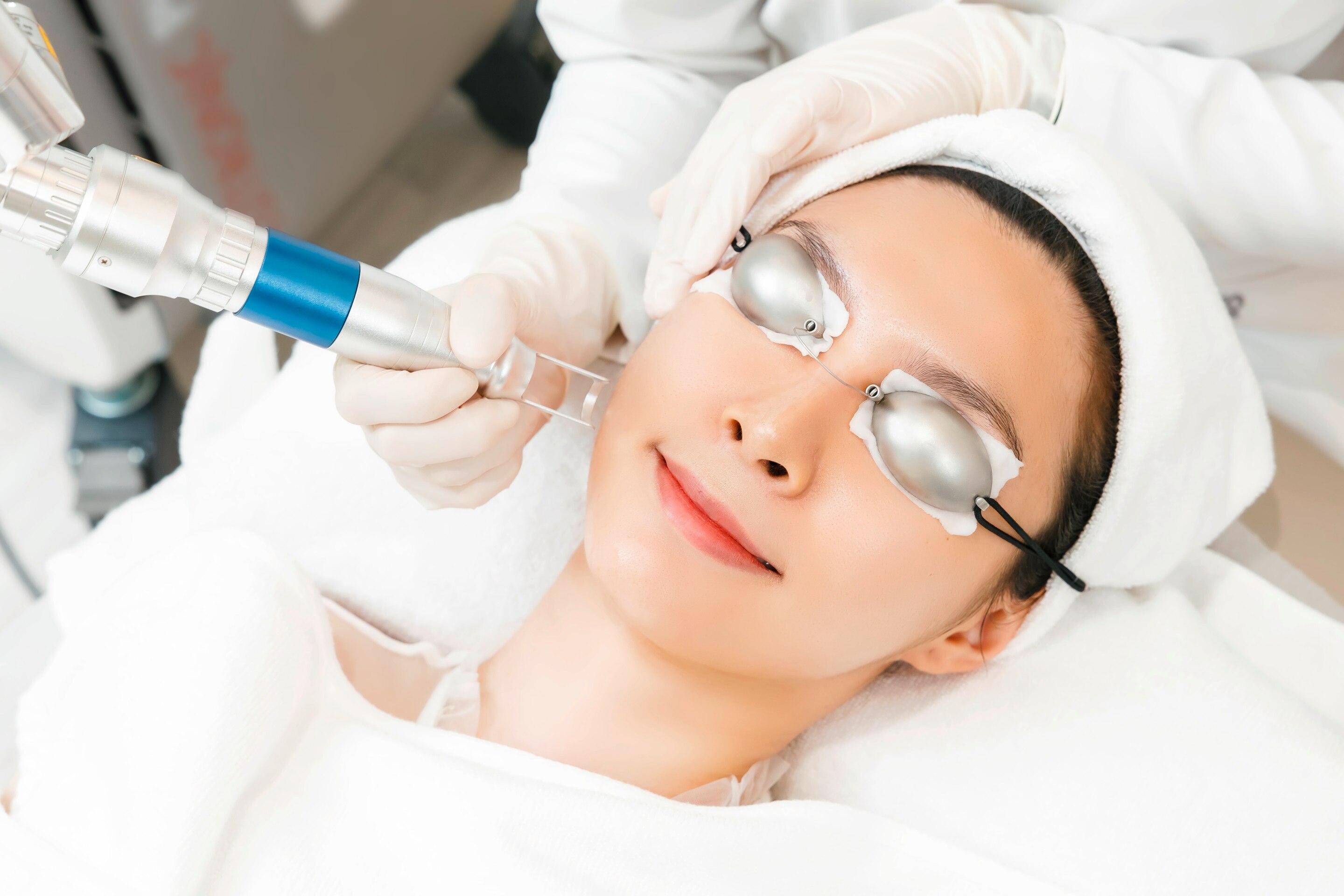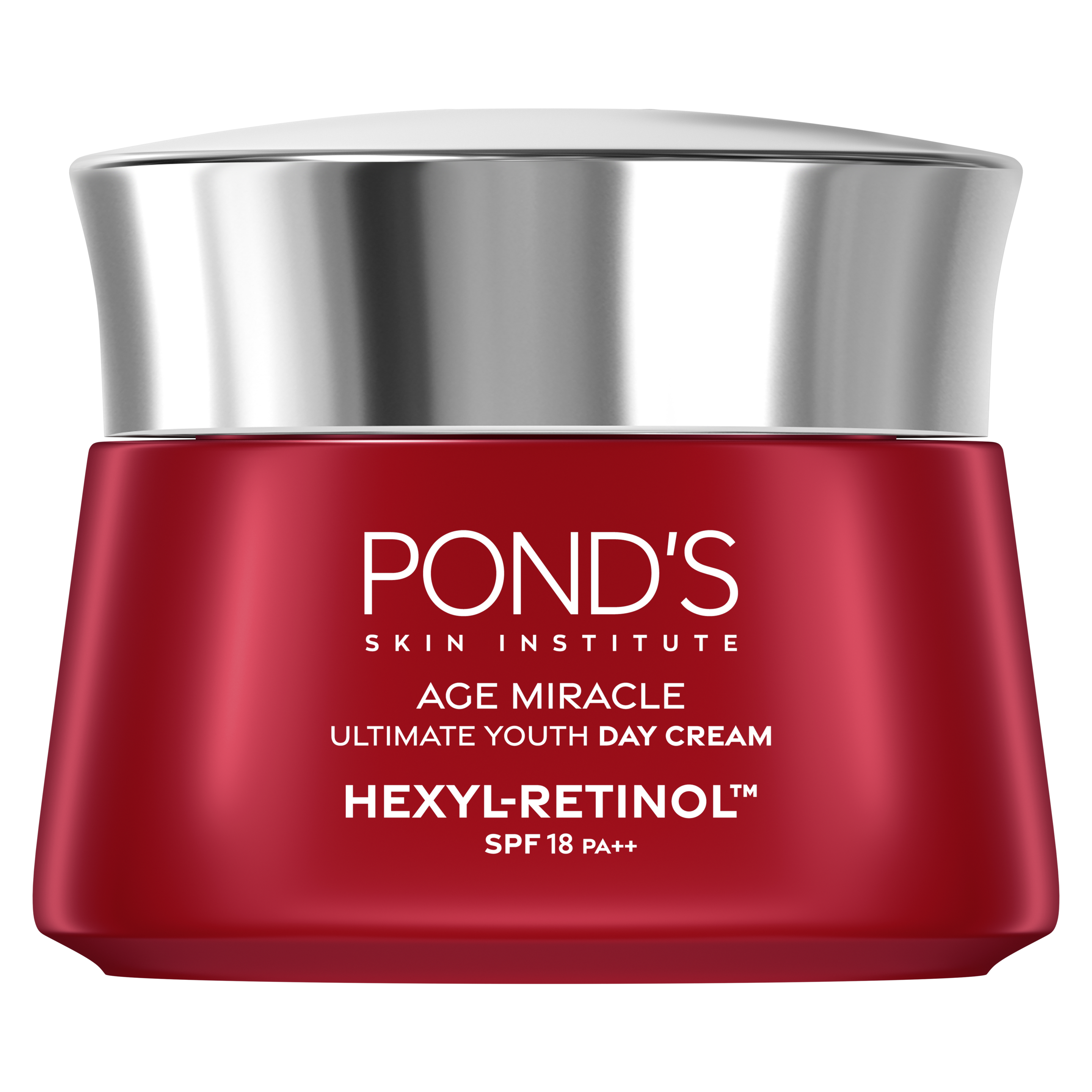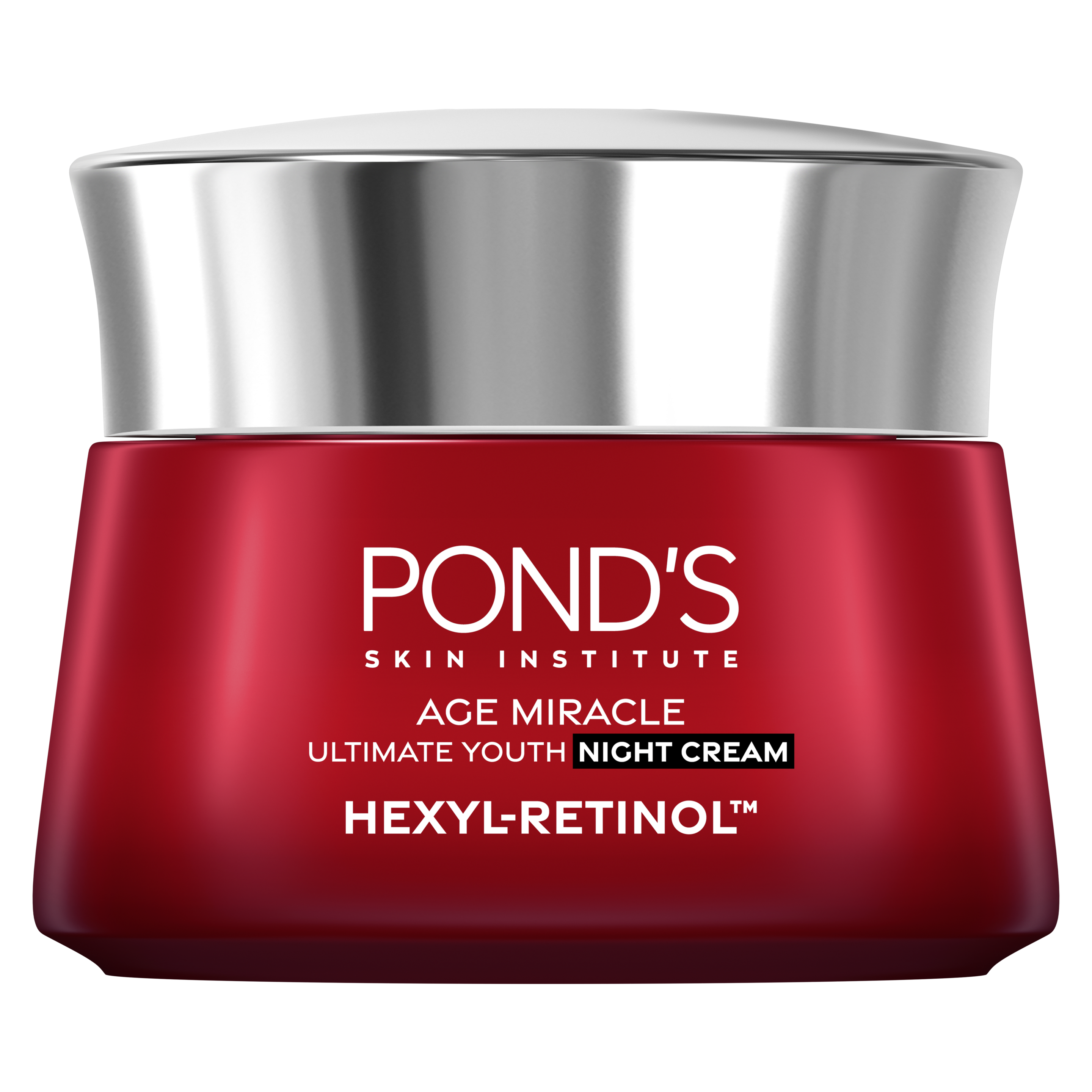Tips and Inspiration
From Unilever Beauty Experts
Selecting the right derma isn’t just about convenience – it’s about ensuring your skin gets the expert care it deserves. Nowadays, you can use medical apps to book “blind” appointments with doctors, dermatologists included. But that route is best for people with immediate or short-term concerns. If you want a long-term relationship, it’s worth putting more effort into the search.
If you feel like searching for a derma is like trying to find a needle in a (very expensive) haystack, here are a few tips that might help.
1. Verify Their Credentials
A board-certified dermatologist has undergone rigorous training and would have passed the Philippine Dermatological Society’s diplomate board exam. These doctors (with DPDS or FPDS after their names) are authorized to practice and hold clinics in the Philippines. You can also look for certifications from reputable hospitals and memberships in other respected professional organizations. Inquire about the dermatologist's years in practice and their familiarity with treating conditions similar to yours. It’s one way to ensure you’re entrusting your skin to someone legit – a qualified expert who adheres to the industry’s best practices.
2. Check Their Specialization
Dermatology covers a broad spectrum of concerns, from medical conditions like eczema and psoriasis to immune-related skin diseases and cosmetic treatments such as laser resurfacing and surgery. If you have a specific concern, such as persistent acne, hair loss, or hyperpigmentation, choose a derma who is certified in that area of expertise.
3. Ask for Recommendations and Read Reviews
Personal referrals from friends, family, or your primary care physician can minimize the risk of negative experiences with a derma. You could also look into online reviews if available but take them with a grain of salt. Focus on patterns in the feedback rather than one-off rants or overly glowing testimonials.
4. Check Out Their Clinic
A well-maintained, hygienic clinic speaks volumes about a dermatologist’s commitment to patient care. Take note of how the staff interacts with clients, the cleanliness of the facility, and the overall atmosphere. Some things to look for include permits, certifications, and authenticity stickers on expensive machines. For example, if you’re getting Ultherapy, check the device for an orange sticker or ask to see it. Choose a clinic that fits seamlessly into your lifestyle and is close to where you’ll likely come from before visits.
5. Clarify Costs Upfront
Receiving a huge bill with unexpected expenses can be traumatizing, so look for a derma who is willing to discuss consultation fees, treatment costs, number of sessions, and any additional charges beforehand (most of them are). Be cautious of practitioners who keep trying to upsell you with unnecessary procedures or products. This is a major red flag as this may indicate a profit-driven approach rather than patient-centered care.
6. Ask Yourself: Are the Vibes Alright?
Sometimes, it’s all about the vibes, which is something you can’t force, no matter how good your derma is on paper. If something feels amiss during your interactions, don't hesitate to seek a second opinion. Trusting your instincts ensures you find a dermatologist who aligns with your expectations and needs. At the end of the day, you want your visits to be a pleasant experience. If you feel rushed, unheard, or uncomfortable, it may be worth exploring other options.
Similar to looking for a dermatologist, finding the right products to suit your skin can be challenging. If you’re in the market for a duo that smooths, strengthens, brightens, and compliments most skin types, try POND'S Age Miracle Ultimate Youth Day Cream and POND'S Age Miracle Ultimate Youth Night Cream. These two are formulated with hexyl-retinol, which helps you achieve youthful-looking skin within seven days of use.
Wondering how to choose a dermatologist? The checklist above is a good place to start. By following these tips, you can find a derma who not only addresses your skin concerns but also makes you feel valued and understood.








